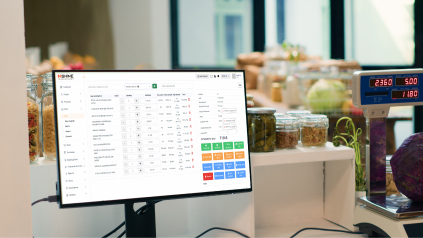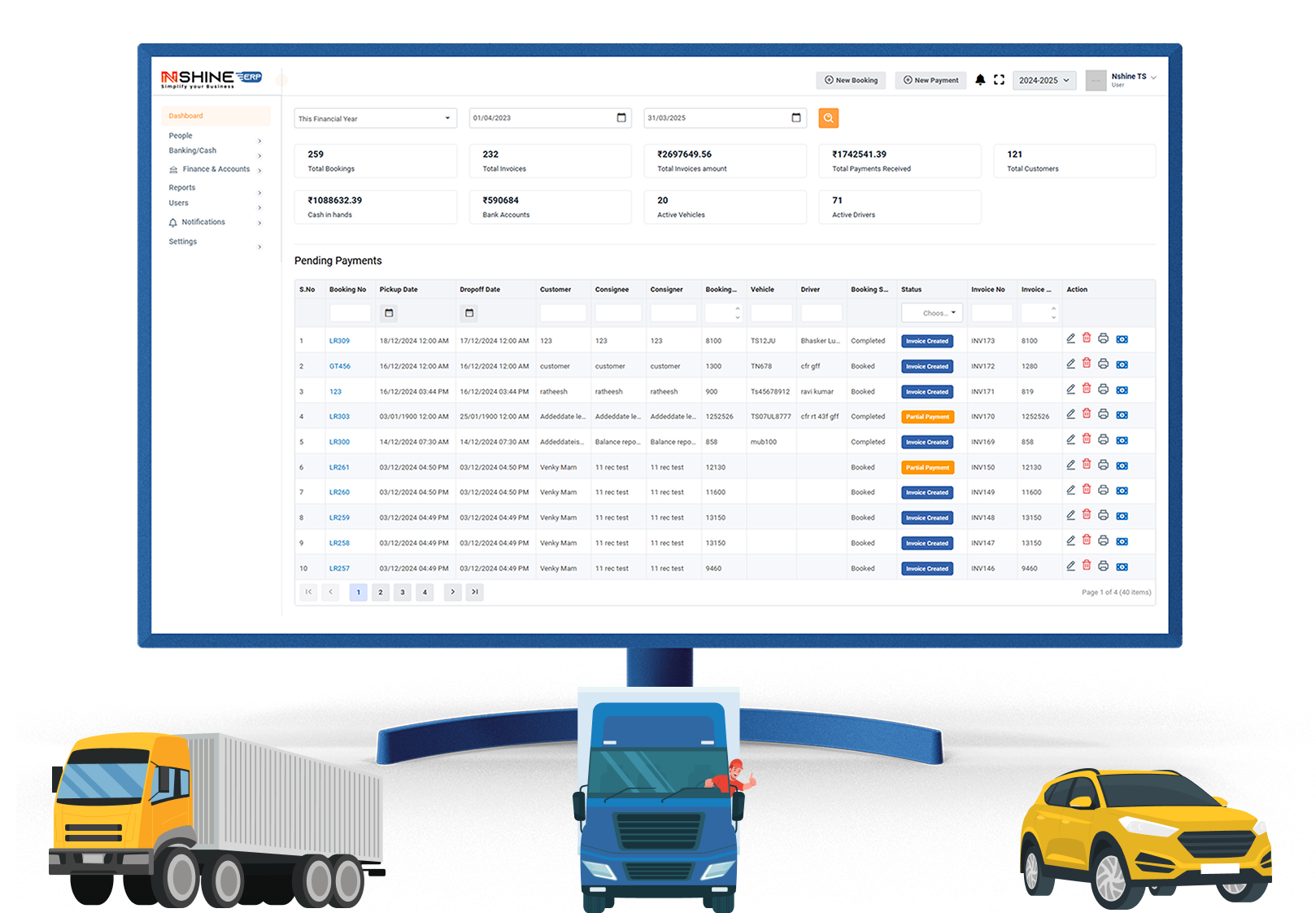How ERP Systems Transform Grocery Store Operations
Grocery stores face a unique set of challenges that can significantly impact their efficiency and profitability. Among these challenges are inventory management, supply chain logistics, and customer service. Implementing ERP (Enterprise Resource Planning) systems can fundamentally revolutionize these operations, providing grocery stores with the tools needed to streamline processes and improve overall performance.
One of the primary benefits of ERP systems in grocery store operations is real-time inventory tracking. This feature allows store managers to have a comprehensive view of stock levels at any given time, reducing the risks of overstocking or stockouts. Automated replenishment processes further enhance inventory management by ensuring that products are restocked in a timely manner, based on predefined criteria and real-time demand data.
ERP solutions also bring significant improvements to supply chain logistics. By integrating various facets of the supply chain, from procurement to distribution, ERP systems facilitate smoother and more coordinated operations. This integration helps in reducing lead times and minimizing disruptions, ultimately ensuring that customers find what they need on the shelves.
Enhanced data analytics is another crucial advantage of ERP systems. With access to detailed and accurate data, grocery store managers can make informed decisions that drive profitability. Analytics can highlight sales trends, customer preferences, and inventory movements, enabling stores to optimize their product offerings and marketing strategies effectively.
Case studies of grocery stores that have successfully implemented ERP systems provide tangible evidence of these benefits. For instance, a mid-sized grocery chain that adopted an ERP solution saw a 20% reduction in inventory carrying costs and a 15% increase in order fulfillment rates within the first year. These improvements were largely attributed to the system’s ability to provide real-time data and automate essential processes.
Moreover, ERP systems can seamlessly integrate with other technologies, such as POS (Point of Sale) systems and e-commerce platforms. This integration ensures a unified shopping experience for customers, whether they are shopping in-store or online. Real-time synchronization of sales data and inventory levels across all channels ensures that customers receive accurate information and timely service, enhancing their overall shopping experience.
In summary, the implementation of ERP systems in grocery store operations offers a myriad of benefits, including better inventory management, optimized supply chain logistics, and enhanced data-driven decision-making. These systems not only improve operational efficiency but also contribute to increased customer satisfaction and profitability.
Enhancing Transport Business Efficiency with ERP Solutions
In the ever-evolving landscape of the transport industry, businesses are constantly seeking ways to improve efficiency and reduce operational costs. Enterprise Resource Planning (ERP) solutions have emerged as a vital tool in achieving these objectives, particularly for transport businesses handling complex logistics, extensive fleet management, and stringent regulatory compliance.
One of the primary advantages of ERP systems for transport businesses is the centralized control they offer over various functions. By integrating route planning, fuel management, and maintenance scheduling into a single platform, ERP solutions streamline operations and improve overall efficiency. Route planning modules, for instance, can optimize travel paths to minimize fuel consumption and reduce travel time, leading to significant cost savings.
Fuel management is another critical area where ERP systems make a substantial impact. By providing real-time data on fuel usage, these solutions enable transport managers to make informed decisions about fuel purchasing and consumption. This not only helps in reducing fuel costs but also promotes environmentally sustainable practices.
Maintenance scheduling is an essential aspect of fleet management that can be efficiently handled through ERP systems. By tracking maintenance histories and scheduling regular check-ups, ERP solutions ensure that vehicles remain in optimal condition, thereby reducing downtime and extending the lifespan of the fleet.
Real-time data and analytics are at the heart of ERP systems, offering transport businesses valuable insights that drive better decision-making. With access to comprehensive data, managers can identify trends, forecast demand, and allocate resources more effectively. This data-driven approach not only enhances operational efficiency but also improves customer service by ensuring timely deliveries and accurate tracking information.
Several transport companies have successfully implemented ERP systems, yielding impressive results. For example, a logistics firm that adopted an ERP solution reported a 20% reduction in fuel costs and a 15% increase in on-time deliveries within the first year. These tangible benefits underscore the significant return on investment that ERP solutions can offer.
Compliance with industry regulations and standards is another critical area where ERP systems prove invaluable. By automating compliance processes and maintaining accurate records, these systems help transport businesses mitigate risks and avoid costly penalties. This ensures smoother operations and fosters a culture of accountability and transparency.
In summary, ERP solutions play a crucial role in enhancing the efficiency of transport businesses. By providing centralized control, real-time data, and robust compliance management, these systems help streamline operations, reduce costs, and improve overall service quality.




